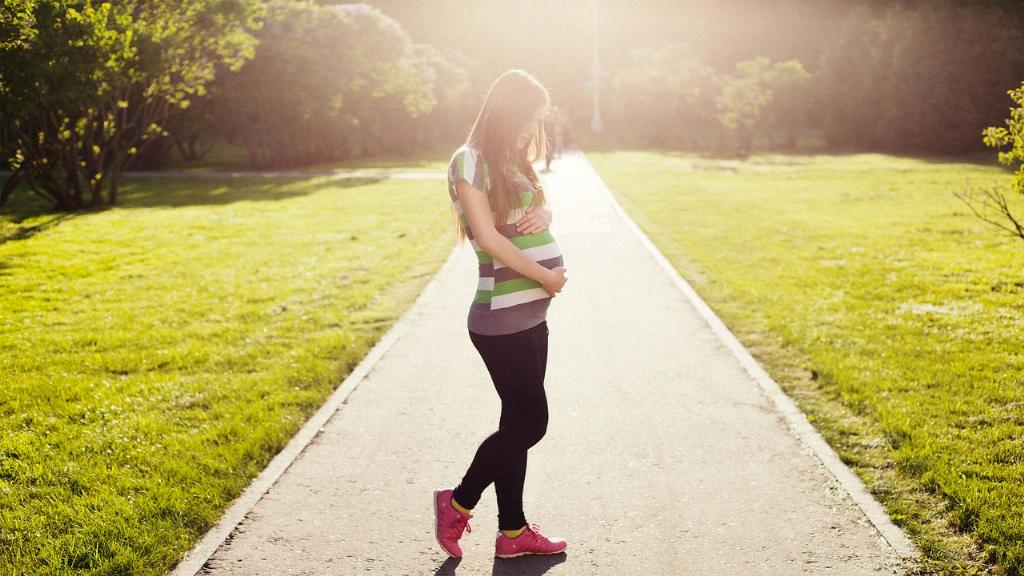When expecting a third child, many parents may wonder if their new addition is likely to be bigger than their previous babies. According to research and statistics, evidence suggests that third or later babies tend to have a higher birth weight compared to first-born children.
One key finding to consider is that third-or-later-born children weighed, on average, about 180 grams more at birth than their first-born siblings. This difference in birth weight could be attributed to various factors such as maternal experience, changes in maternal health, lifestyle, and age, among other variables.
It is essential to note that birth weight can be influenced by genetic factors as well. Parents may observe patterns in their family history regarding the size of babies at birth, which could provide insights into the potential birth weight of their third child.
Maternal health and nutrition during pregnancy also play a crucial role in determining the baby’s size at birth. With each subsequent pregnancy, mothers may have gained more experience in managing their health and diet, which could contribute to a healthier weight gain for the baby.
Furthermore, the spacing between pregnancies can impact the birth weight of the baby. Research indicates that longer intervals between births may result in larger babies due to improved maternal health and nutrition during the subsequent pregnancy.
Factors such as maternal age and lifestyle choices can also influence the likelihood of having a larger baby. Older mothers, for instance, may have larger babies due to various physiological changes in their bodies. Additionally, lifestyle factors such as smoking, alcohol consumption, and stress levels can affect the baby’s size at birth.
Although statistical trends suggest that third babies may be larger, it is vital for parents to remember that every pregnancy is unique. Individual differences in genetics, maternal health, and lifestyle can all contribute to the baby’s birth weight, making it essential to focus on maintaining a healthy pregnancy rather than solely on the potential size of the baby.
Parents expecting a third child should consult with their healthcare provider to ensure proper prenatal care and monitoring throughout the pregnancy. Regular check-ups, screenings, and a balanced diet can help support the healthy growth and development of the baby, regardless of whether they are projected to be larger or not.
In conclusion, while third babies may have a tendency to be bigger at birth compared to first-born children, multiple factors influence birth weight. By focusing on maternal health, nutrition, and overall well-being during pregnancy, parents can support the healthy growth of their third child and prepare for a positive birthing experience.

